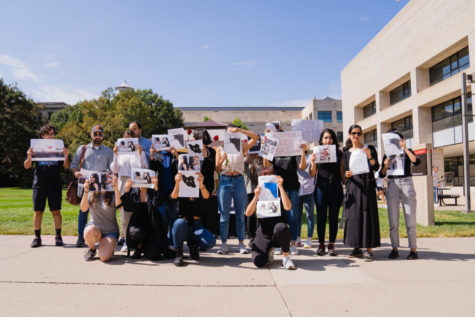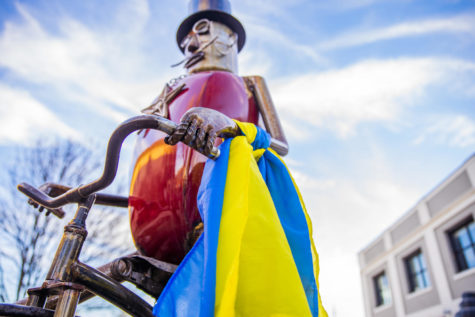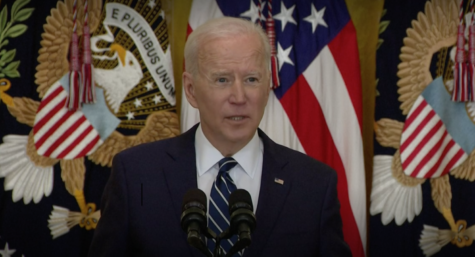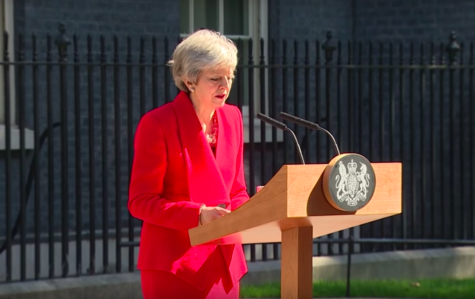Romanian deputy health minister reappointed; protests continue
January 17, 2012
BUCHAREST, Romania (CNN) — Romania’s deputy health minister, whose resignation last week triggered ongoing protests across the nation, was reappointed to his post on Tuesday after meeting with the prime minister.
Raed Arafat said Tuesday he had withdrawn his resignation, adding that President Traian Basescu called him over the weekend to discuss the matter.
Protests broke out last Thursday after Arafat, an opponent of health care changes proposed by the government, resigned. Arafat gained popularity after creating what many Romanians see as an efficient medical emergency system.
Facing public pressure, Basescu decided to scrap the changes Friday, saying he made the decision after realizing that a majority of those in the medical system opposed the measure.
Critics had argued that the proposal favored the private health care system by allowing it access to government funds while the state-funded system lacks financial aid.
Arafat said Tuesday he withdrew his resignation because the changes were scrapped. He said he will now focus on creating a new health care bill that does not compromise the nation’s health care system, especially the emergency system.
Protests, however, continued on Monday, as thousands took to the streets nationwide to demonstrate against government austerity measures, calling for Basescu’s resignation and early elections.
However, officials said there was no violence on Monday. Protests took place under the supervision of thousands of police, and there were arrests for disturbing the peace and criminal acts, officials said. On Sunday, authorities used tear gas on demonstrators.
The demonstrations are the most serious since Basescu’s election in 2004. Banks, shops and bus stations in the capital have been vandalized, said Bucharest Mayor Sorin Oprescu.
The protesters blocked traffic over the weekend, waving flags with the centers ripped out to symbolize the 1989 revolution. Others carried signs reading “Liberty” and “Down with President Basescu.”
A special parliamentary session is expected this week on the events.
Opposition leaders said Monday a new series of protests is planned. The group disagrees with the government’s response to the citizen demonstrations, said Crin Antonescu, liberal opposition leader.
“The National Liberal Party asks the prime minister and his cabinet to resign immediately because they couldn’t manage the violent protests held over the last couple of days in Bucharest,” Antonescu said Monday.
Government officials have called on opposition leaders to meet with them in the next few days.
The protests also follow several unpopular measures taken by the government over the past two years. After receiving a loan of 20 billion euros from the International Monetary Fund and the European Union in 2009, the government cut salaries in the public sector by 25% a year later to enforce austerity measures recommended by the IMF.
Prime Minister Emil Boc invited trade unions and employers to meet Tuesday on the labor code, but the labor unions refused to participate. After meeting with employers, Boc said the government is focused on creating new jobs for Romanians and providing financial support to those wishing to start businesses.
















